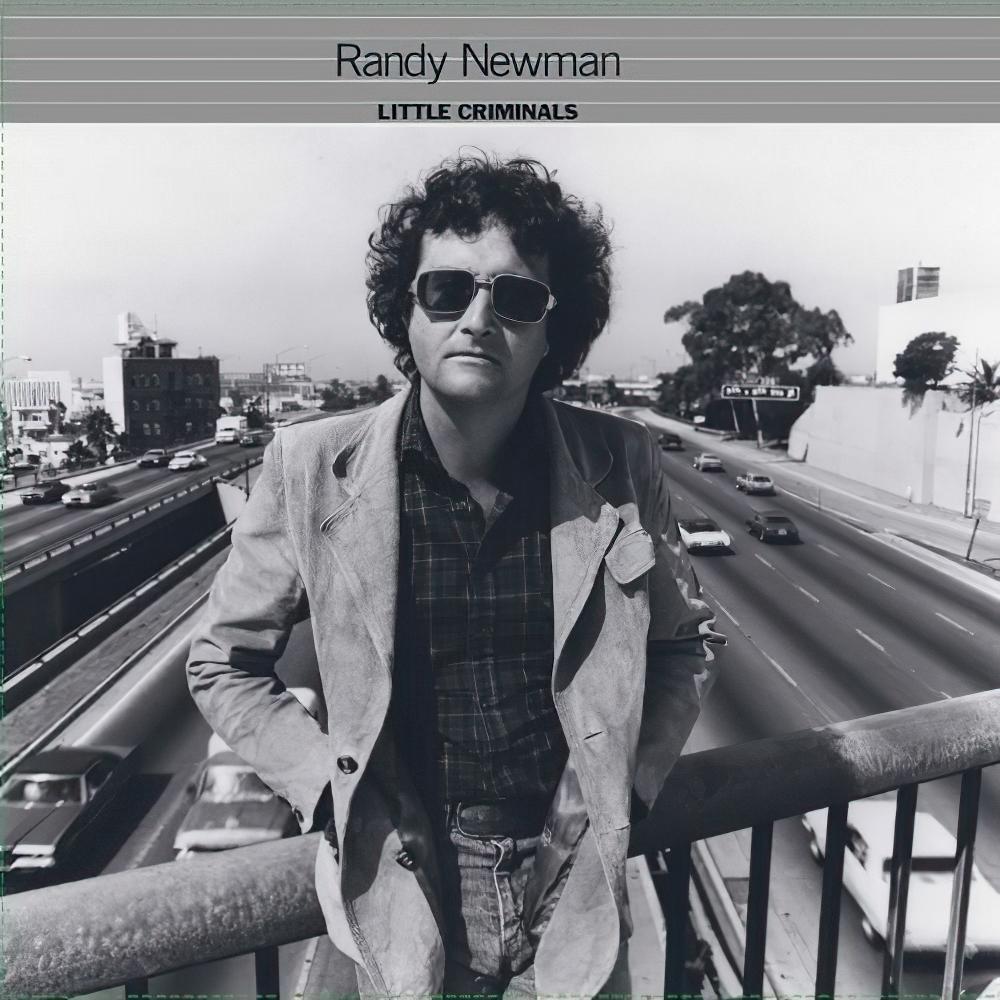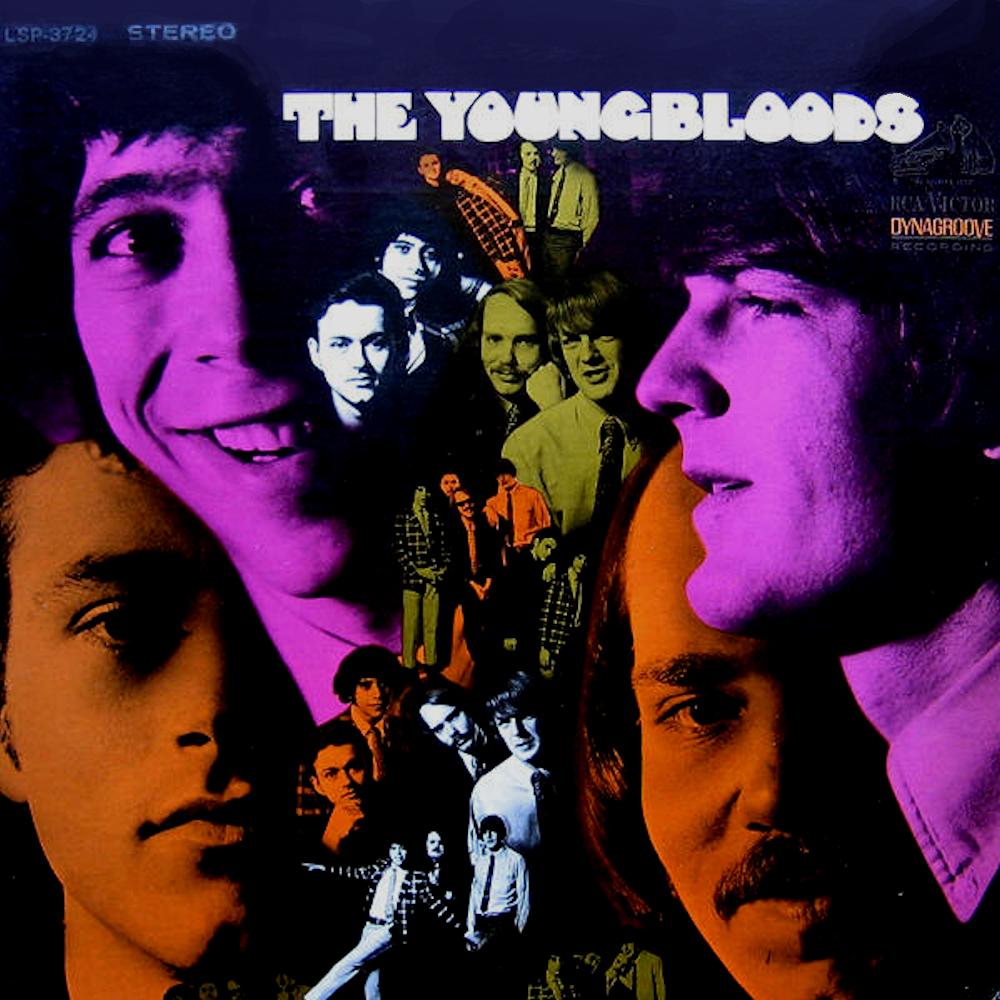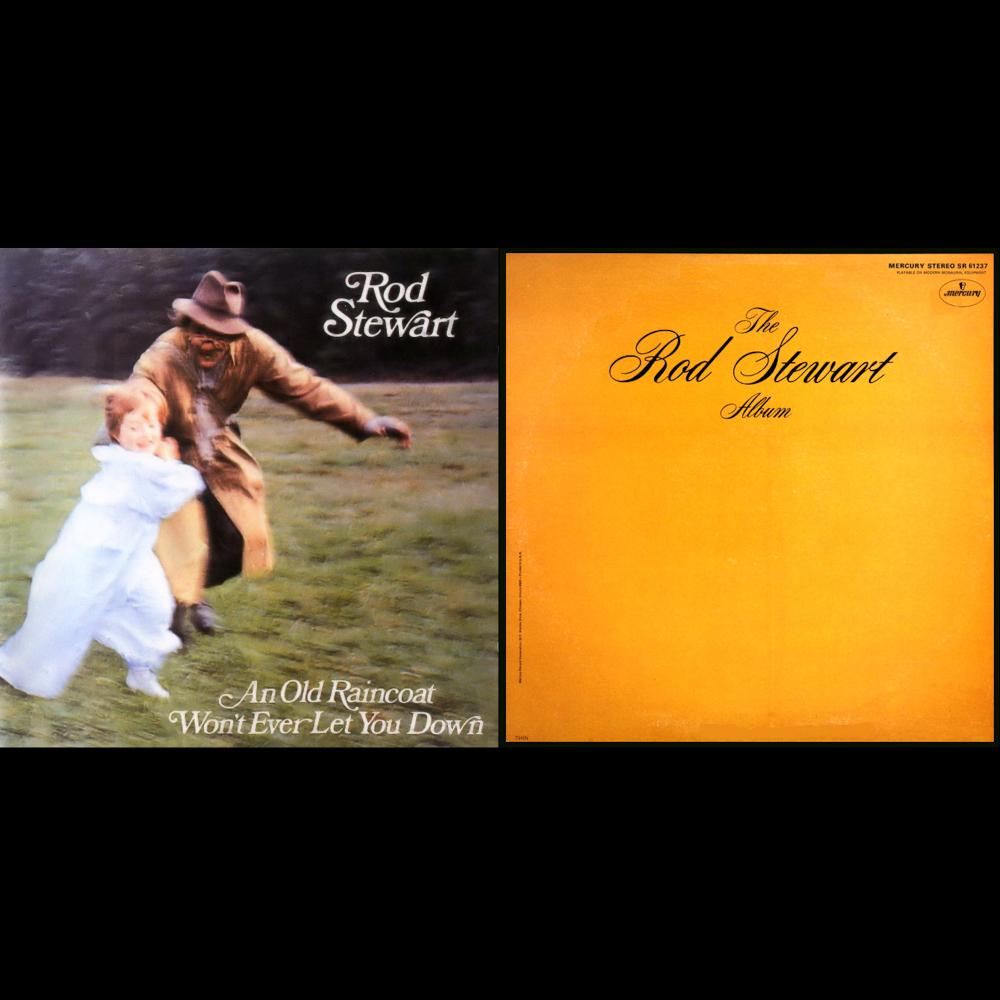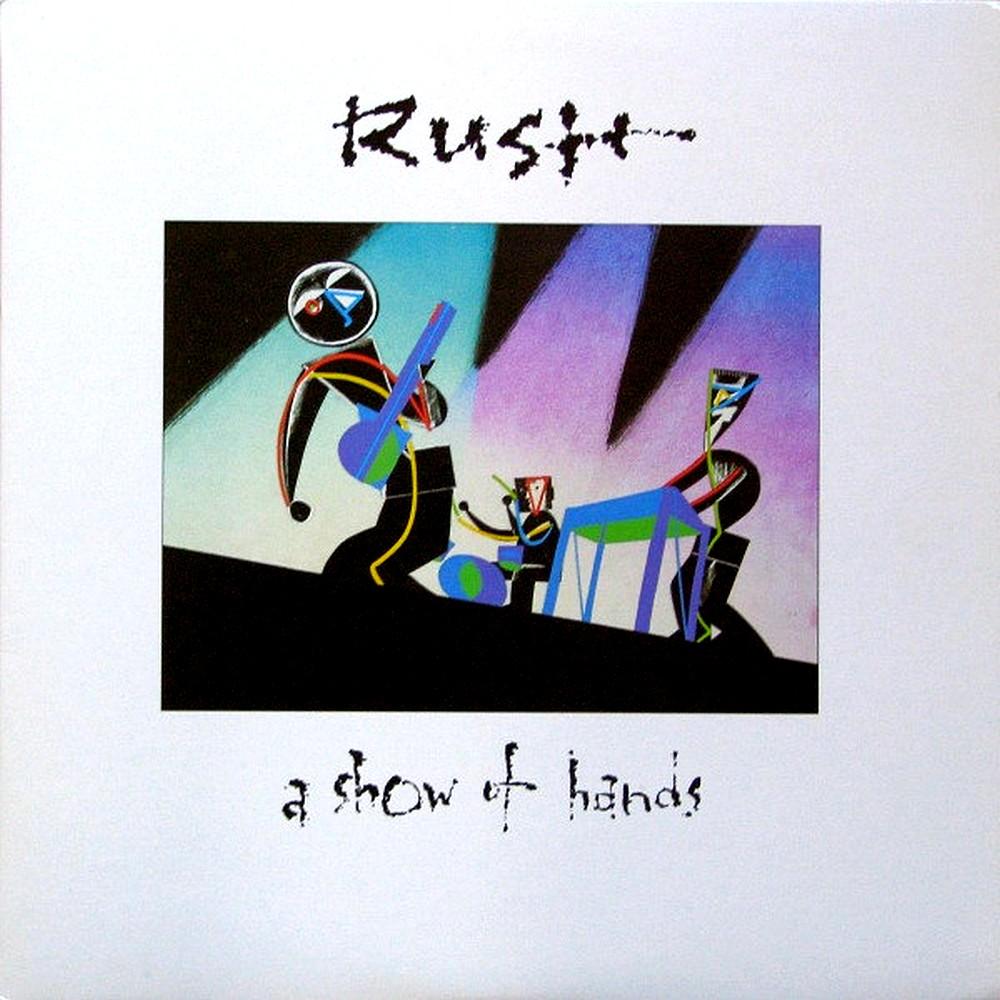
Album Information:
Album ID: 9445
About Randy Newman:
Randy Newman is an American singer-songwriter, composer, and pianist. He was born on November 28, 1943, in Los Angeles, California, to a family of musicians and film composers. His uncle, Alfred Newman, was a famous Hollywood composer who wrote music for more than 250 films, and his cousin, Thomas Newman, is a prominent composer in his own right.
Newman developed an early interest in music and began taking piano lessons at the age of six. As a teenager, he played in various bands and honed his songwriting skills. In 1962, he enrolled at UCLA to study music.
Newman's first album, 'Randy Newman,' was released in 1968 to critical acclaim. He quickly gained a reputation as a talented songwriter and was soon in demand as a composer for film and television. He went on to write music for dozens of films, including 'The Natural,' 'Toy Story,' and 'A Bug's Life.' He has also composed music for television shows such as 'Monk,' 'Little People, Big World,' and 'Revolution.'
Newman is known for his distinctive voice and his satirical, often politically charged lyrics. He has been praised for his ability to tackle difficult subjects in his music, such as racism and social inequality. His songs have been covered by a wide variety of artists, including Tom Jones, Jerry Garcia, and Bonnie Raitt.
Newman has won multiple Grammy awards for his music, including Best Song Written for a Motion Picture, Television or Other Visual Media for his work on 'Toy Story.' In 2002, he was inducted into the Songwriters Hall of Fame.
Despite his success, Newman remains a somewhat enigmatic figure in the music world. He is known for being protective of his privacy and is often reluctant to give interviews or appear in public. Nevertheless, his music has earned him a dedicated fan base and a lasting legacy as one of the most influential songwriters of his generation.
About the album Little Criminals:
The album Little Criminals by Randy Newman is a unique and expertly-crafted collection of songs that explores themes of love, loss, and social commentary through a variety of musical styles. Released in 1977, it features 9 tracks, each with its own distinct sound, tone, and message.
The album opens with the upbeat and catchy 'Short People,' a tongue-in-cheek satire of prejudice and discrimination that uses Newman's signature ironic lyrics and playful melody to challenge listeners' assumptions about height. The song's bouncy piano and lively percussion create a sense of energy and playfulness that belie the song's pointed message.
From there, the album moves into more contemplative territory with 'You Can't Fool the Fat Man,' a bluesy lament about the challenges of losing weight and the societal pressures that contribute to body shaming. The song's mournful piano, soulful guitar, and Newman's poignant vocals create a sense of empathy and understanding that is both heartfelt and moving.
Next up is 'Little Criminals,' a haunting ballad that tells the story of a troubled young man on the brink of self-destruction. The song's spare instrumentation and Newman's plaintive vocals evoke a sense of loneliness and desperation that is both beautiful and heartbreaking.
From there, the album moves into more upbeat and optimistic territory with 'Texas Girl at the Funeral of Her Father,' a joyous celebration of love and life that is both playful and moving. The song's infectious chorus and bright instrumentation create a sense of hope and optimism that is infectious and uplifting.
The album continues with 'Jolly Coppers on Parade,' a scathing critique of police brutality and systemic racism that uses Newman's signature wit and sarcasm to point out the hypocrisy of those in power. The song's jazzy brass and lively percussion create a sense of energy and urgency that is both powerful and unsettling.
The album's midpoint is marked by 'In Germany Before the War,' a haunting and introspective ballad that explores the themes of vulnerability and loss through the lens of World War II. The song's spare instrumentation and Newman's evocative vocals create a sense of nostalgia and longing that is both beautiful and haunting.
From there, the album moves into more comedic territory with 'Sigmund Freud's Impersonation of Albert Einstein in America,' a playful and irreverent satire that skewers the cultural norms and assumptions of American society. The song's playful melody and Newman's deadpan delivery create a sense of humor and irony that is both clever and entertaining.
Next up is 'Baltimore,' a soulful and heartfelt ballad that explores the themes of poverty and social injustice through the lens of a hard-working blue-collar family. The song's mournful piano and Newman's poignant vocals create a sense of empathy and understanding that is both touching and thought-provoking.
The album closes with 'I'll Be Home,' a tender and loving ballad that celebrates the joys and comforts of home and family. The song's gentle melody and Newman's heartfelt vocals create a sense of warmth and intimacy that is both nostalgic and uplifting.
Overall, Little Criminals is a unique and powerful album that showcases Randy Newman's exceptional talent, versatility, and range as a songwriter and performer. With its blend of humor, satire, social commentary, and heartfelt emotion, it remains a classic of the singer-songwriter genre and a testament to Newman's enduring legacy as a master storyteller and musician.
Members:
I can provide you the complete biography of Randy Newman. However, Randy Newman is a solo artist and does not have any key members.
Randy Newman is an American singer-songwriter, pianist, and composer known for his unique blend of satire, irony, and social commentary in his music. Born on November 28, 1943, in Los Angeles, California, Newman came from a prominent musical family, with uncles Alfred, Lionel, and Emil Newman all being successful film composers.
Newman started his music career in the mid-1960s as a songwriter, writing hits for a range of artists, including Jefferson Airplane, Dusty Springfield, and Three Dog Night. In 1968, he released his self-titled debut album, which received critical acclaim but little commercial success. It was his 1970 album '12 Songs' that marked a breakthrough for him, with its innovative blend of rock, pop, and jazz that showcased his unique songwriting style.
Throughout the 1970s and 1980s, Newman continued to release acclaimed albums, including 'Sail Away,' 'Good Old Boys,' and 'Little Criminals,' which contained his hit single 'Short People.' In addition to his solo work, Newman has also composed scores for numerous films, including 'Toy Story,' 'Monsters, Inc,' and 'The Princess and the Frog.'
Newman has won numerous awards for his work, including multiple Grammy Awards and Oscars. He was inducted into the Songwriters Hall of Fame in 2002 and the Rock and Roll Hall of Fame in 2013. Despite being in the industry for over fifty years, Newman continues to compose and perform music, remaining a significant voice in the music industry.
Track List for Little Criminals:
Sure! Here are the tracks in the album 'Little Criminals' by Randy Newman, along with their play times and descriptions:
1. Short People (2:53) - This satirical song uses short people as a metaphor for discrimination. Newman's distinctive piano playing and sarcastic lyrics make for a catchy and memorable tune.
2. You Can't Fool the Fat Man (2:44) - A guitar-heavy track that features Newman's biting wit and comedic sense. The song pokes fun at pretentious people who try to impress others.
3. Little Criminals (2:41) - A bluesy track with a somber tone, this song tells the story of a small-time criminal trying to survive in a tough world. Newman's storytelling and piano skills are on full display here.
4. Texas Girl at the Funeral of Her Father (2:43) - An emotional ballad with a mournful melody, this song tells the story of a young woman struggling to come to terms with the loss of her father. Newman's vocals are especially poignant here.
5. Jolly Coppers on Parade (3:13) - A jaunty tune with a marching beat, this song takes a cynical view of law enforcement officers and the military-industrial complex.
6. In Germany Before the War (3:45) - A haunting piano ballad that tells the story of a man who commits a terrible crime in Germany before the outbreak of World War II. Newman's lyrics and vocal performance create a sense of unease and melancholy.
7. Sigmund Freud's Impersonation of Albert Einstein in America (2:11) - This fast-paced track features Newman's distinctive piano playing and clever wordplay as he imagines what it would be like if Sigmund Freud and Albert Einstein met in America.
8. Baltimore (4:05) - A slow-burning ballad with a soulful melody, this song tells the story of a woman struggling to survive in a tough city. Newman's vocals and piano playing combine to create a powerful emotional punch.
9. I'll Be Home (2:57) - A summer-themed tune with a breezy melody, this song tells the story of a young man who can't wait to get home to his girl. Newman's sincerity and enthusiasm make for a charming song.
10. Rider in the Rain (3:54) - A country-tinged track with a catchy melody, this song tells the story of a wanderer who meets a beautiful woman on the road. Newman's storytelling and guitar playing create a sense of adventure and romance.
Overall, 'Little Criminals' showcases Randy Newman's unique blend of humor, storytelling, and musical prowess. The album's mix of upbeat and melancholy tracks creates a memorable listening experience.
Discography for Randy Newman:
Sure! Here is a complete discography of Randy Newman in chronological order including all albums, singles, and other releases with their respective release dates:
Albums:
1. Randy Newman Creates Something New Under the Sun (1968)
2. 12 Songs (1970)
3. Randy Newman Live (1971)
4. Sail Away (1972)
5. Good Old Boys (1974)
6. Little Criminals (1977)
7. Born Again (1979)
8. Trouble in Paradise (1983)
9. Land of Dreams (1988)
10. Bad Love (1999)
11. Harps and Angels (2008)
12. Dark Matter (2017)
Singles:
1. 'Golden Gridiron Boy' / 'Billy the Kid' (1961)
2. 'They Tell Me It's Summer' / 'I've Been Wrong Before' (1962)
3. 'Look at Me' / 'Talk to Me' (1962)
4. 'If You Need Oil' / 'Uncle Bob's Midnight Blues' (1962)
5. 'Shame' / 'Take Me Away' (1963)
6. 'Tickle Me' / 'U can Look, But U Better Not Touch' (1963)
7. 'The Beehive State' / 'Bet No One Ever Hurt This Bad' (1968)
8. 'Love Story (You and Me)' / 'Living Without You' (1970)
9. 'Mama Told Me Not to Come' / 'Underneath the Harlem Moon' (1970)
10. 'Simon Smith and His Amazing Dancing Bear' / 'Cowboy' (1972)
11. 'Political Science' / 'Burn On' (1972)
12. 'Sail Away' / 'Last Night I Had a Dream' (1972)
13. 'Mama Told Me Not to Come' / 'Old Kentucky Home' (1978)
14. 'Short People' / 'Old Man on the Farm' (1978)
15. 'Rider in the Rain' / 'Shame' (1979)
16. 'The Blues' / 'Same Girl' (1983)
17. 'I Love L.A.' / 'Take Me Back' (1983)
18. 'It's Money That Matters' / 'Song for the Dead' (1988)
19. 'I'm Different' / 'My Life Is Good' (1988)
20. 'I Want You to Hurt Like I Do' / 'I Miss You' (1991)
Other Releases:
1. 'Gone Dead Train' (1970) – a single for Crazy Horse's debut album
2. 'You Can Leave Your Hat On' (1972) – a single released by Etta James, also included on Newman's album Little Criminals
3. 'These Girls' (1978) – a single from the soundtrack for the film FM
4. 'It's Lonely at the Top' (1995) – a live album from a performance at Carnegie Hall
5. 'Awakenings' (1991) – the soundtrack for the film of the same name, composed by Newman
6. 'Pleasantville' (1998) – the soundtrack for the film of the same name, composed by Newman
Note: This list may not include every single release, as some of Newman's work has been featured on various soundtracks and compilations not listed here.


 Last Played: 11/01/24 02:20 AM
Last Played: 11/01/24 02:20 AM Last Played: 11/01/24 02:14 AM
Last Played: 11/01/24 02:14 AM